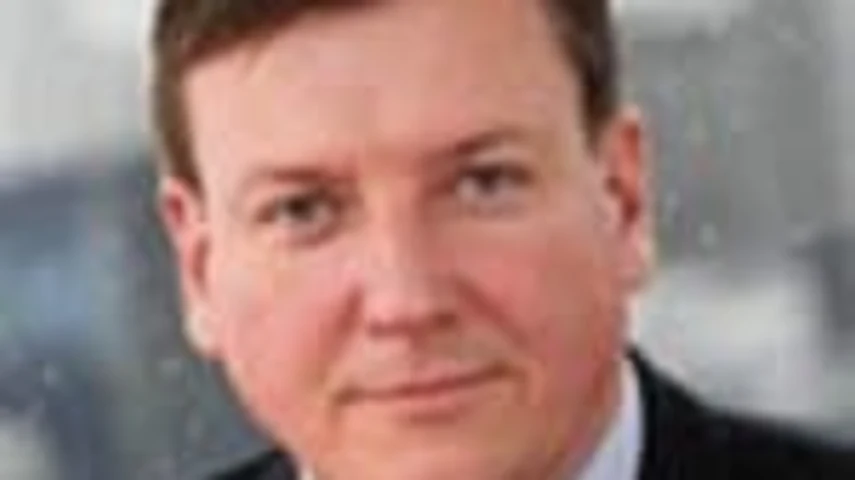Financial Services Council defends clawback policy



Financial Services Council (FSC's) chief executive John Brogden has apologised to advisers who felt the organisation's recent anti-churn clawback policy seemed inflammatory, but said the industry needs to be seen to be self-regulating.
The FSC does not want to be seen to be 'at war' with advisers and is continuing to work with associations such as the Association of Financial Advisers (AFA) and Financial Planning Association to get the best outcome, Brogden said at a Money Management/AFA thought leadership breakfast yesterday to discuss the future of insurance and the challenges for life/risk.
Brogden said lapse rates are increasing but the industry has been offered the opportunity to self-regulate.
As an industry, we would be foolish not to take that opportunity because otherwise the Government will regulate over the top, likely leading to far less preferable outcomes, he said.
Increasing lapse rates are putting pressure on insurance premiums, which will make the industry unsustainable.
The FSC's framework will put downward pressure on premiums and allow advisers to get paid for work done, he said.
Rather than being a debate about churn, we need to have a debate about the sustainability of the industry, he said.
AFA President Brad Fox asked how much of the sustainability issue was adviser driven and how much was driven by insurers.
He also questioned the lapse rate details and said since insurance companies don't keep details of the reasons for policy changes it is impossible to differentiate between potential 'churn' and policy changes for other reasons such as retirement.
In response to questions from the audience, Brogden said it was important to understand that the FSC's policy did not apply to fee-for-service or level commission insurance sales.
Also, even if an adviser has to pay back all or part of a commission under the policy they still get 100 per cent of the commission earned on the new policy, he said.
However, Synchron director Don Trapnell said that when an adviser sells a client a new policy because it is in the client's best interests, the adviser has to re-do a lot of the work because the client's circumstances will have changed and they are often dealing with a new insurer.
"How many times does an adviser have to work for the same commission?" he asked.
Recommended for you
The Federal Court has dismissed a conflicted remuneration case brought by ASIC against the director of life insurance distributor Freedom Group, where Bali holidays and Vespa purchases were among sales incentives.
Policy and advocacy specialist Benjamin Marshan has left the Council of Australian Life Insurers after less than a year, having joined in March from the Financial Planning Association of Australia.
The declining volume of risk advisers meant KPMG has found a rising lapse rate for insurance policies arranged by independent financial advisers, particularly in the TPD and death cover space.
The Life Insurance Code of Practice has transferred from the Financial Services Council to the Council of Australian Life Insurers.










